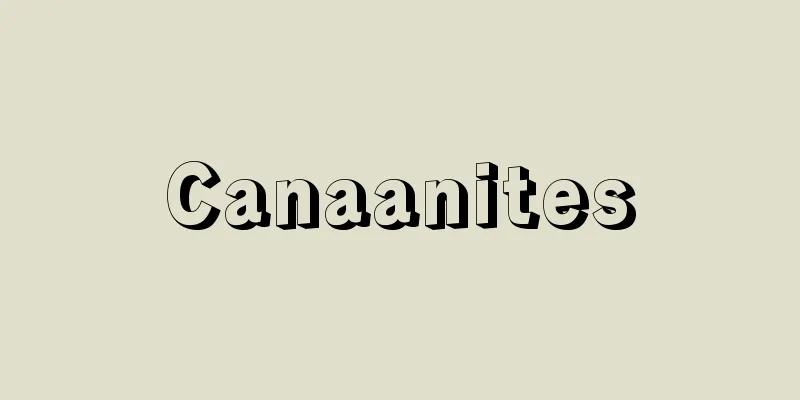Flower mirror - Kakyo

|
Zeami's theory of Noh. It was passed down to his eldest son, Kanze Motomasa, in 1424 (Oei 31). It is an extension of his father Kannami's teachings in the book Fushikaden (Flower Transmission), and was created from his practice from his 40s to old age, making it the pinnacle of Zeami's artistic theory. It emphasizes the importance of the mind, saying "move your mind fully and move your body to 70%," the idea of "detached observation" to objectively view your own dancing, and the pursuit of the artistic level of "mindless Noh" in old age. It also emphasizes training, saying "never forget your beginner's mind" and "you should study Noh from youth until old age," and declares, "Life has an end, but Noh should never end." [Masuda Shozo] "The Complete Collection of Japanese Classical Literature 51: Renga (Linked Poetry), Nohgaku (Nohgaku) and Haiku (Haiku)" (1973, Shogakukan) edited and translated by Omote Akira et al., "The Complete Collection of Japanese Classical Literature 51: Renga (Linked Poetry), Nohgaku (Nohgaku) and Haiku (Haiku)" (1973, Shogakukan) edited and translated by Omote Akira et al. Source: Shogakukan Encyclopedia Nipponica About Encyclopedia Nipponica Information | Legend |
|
世阿弥(ぜあみ)の能の理論書。1424年(応永31)長男観世元雅(かんぜもとまさ)に伝えた秘伝で、父観阿弥(かんあみ)の教えによる『風姿花伝(ふうしかでん)』(花伝書)を発展させ、40代から老後に至る実践から創造された、世阿弥の芸術論の極致である。「心を十分に動かして身を七分に動かせ」という心の働きの重視、自分の舞い姿を客観視するための「離見(りけん)の見」といった発想、老境における「無心の能」という芸位の追究を説き、「初心忘るべからず」「能は若年より老後まで習ひとほるべし」との稽古(けいこ)の強調に貫かれ、「命には終りあり能には果てあるべからず」といいきっている。 [増田正造] 『久松潜一他校注『日本古典文学大系65 歌論集・能楽論集』(1961・岩波書店)』▽『表章他校注・訳『日本古典文学全集51 連歌論集・能楽論集・俳論集』(1973・小学館)』 出典 小学館 日本大百科全書(ニッポニカ)日本大百科全書(ニッポニカ)について 情報 | 凡例 |
>>: Imperial Examination - Kakyo
Recommend
Peacock pigeon - Peacock pigeon
→Feral pigeon Source: Shogakukan Encyclopedia Nip...
Croton cumingii (English spelling) Crotoncumingii
…[Nitta Aya]. . . *Some of the terminology that m...
circulating library
…Rental bookstores are the most common and unique...
Japan Writers Association
A literary organization. Its predecessor was the ...
Tobatsu Bishamonten
This is a variant of Bishamonten, one of the four ...
Emperor Komei
Emperor at the end of the Edo period (reigned 184...
One-way flow
Also written as "Miyako-ryu". The name o...
The Casta War - The Casta War
An Indian rebellion led by the Maya that swept acr...
Utsunomiya Castle Town
…Oya, west of the city, is a source of Oya stone ...
Illusion (English), Ta¨uschung (German)
An illusion refers to the perception or conscious ...
Loan - advance
〘noun〙 Money lent to an individual or organization...
Jollibee
French composer. Born in Paris. His father was a p...
Air battery - air cell
A type of alkaline primary battery that uses oxyg...
crayfish
... In kanji, the large spiny lobster species is ...
Equatorial ring current
An electric current caused by charged particles tr...









